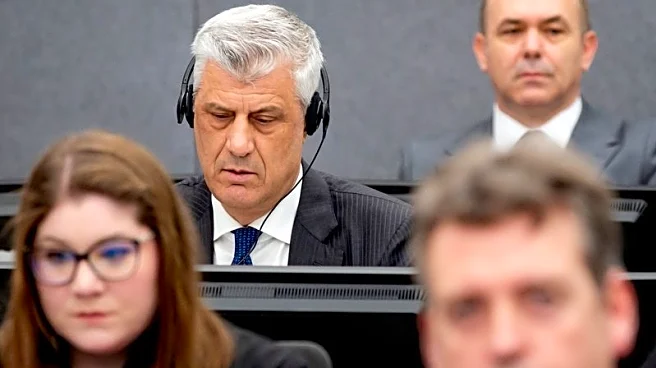What is the story about?
What's Happening?
The Trump administration has announced the repurposing of leucovorin, a generic drug, as a new treatment for autism, surprising many experts including Dr. Richard Frye, who initially suggested the idea. Frye had anticipated further research before approval, but the administration proceeded without additional studies. Critics argue that the drug lacks substantial evidence for treating autism, with leading autism groups distancing themselves from the decision. The drug, a derivative of vitamin B, has shown weak support in small studies, prompting calls for more rigorous research.
Why It's Important?
The promotion of leucovorin as an autism treatment raises concerns about the integrity of drug approval processes and the influence of political agendas on scientific research. It highlights the potential risks of endorsing treatments without robust evidence, which could lead to ineffective or harmful interventions. The situation underscores the importance of maintaining scientific rigor and transparency in health policy decisions, ensuring that treatments are based on credible research to protect patient safety.
What's Next?
Further scrutiny of the decision may lead to calls for comprehensive studies to evaluate leucovorin's efficacy and safety in treating autism. Health experts and organizations are likely to advocate for evidence-based practices and caution against premature endorsements of unproven treatments. The administration may face pressure to clarify its stance and ensure that future health policies align with scientific standards.

















